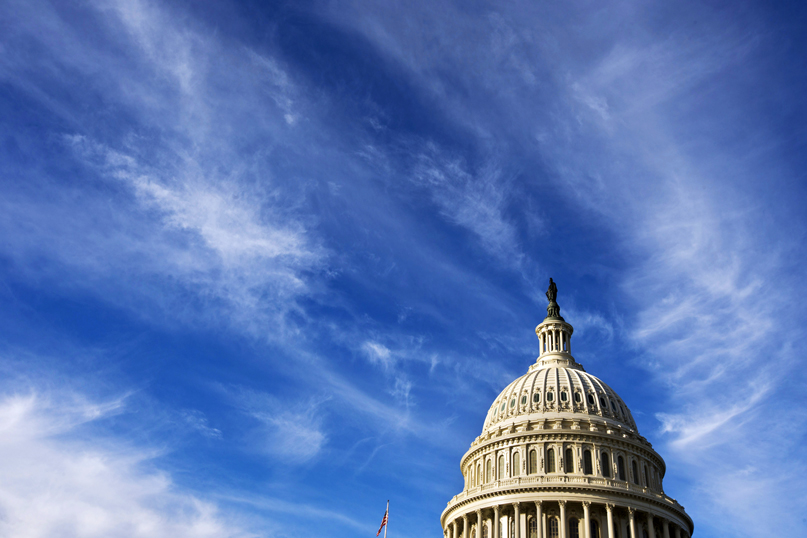Pundits called this midterm the Seinfeld election because, like the NBC sitcom, all its sound and fury signified not much. Voters agreed. They largely tuned out, concluding that those seeking office didn’t reflect their worries about the strength of the economic recovery. Politicians typically try to squeeze some wisdom about the popular will from the ballot results. But a confused campaign yields a muddled mandate. So don’t expect a consensus over a growth agenda to emerge from this mess.
We should probably state now that this issue of Fortune went to press before Election Day. There will be no shortage of ruminating about What It All Means once the verdict is in, but the depressing truth is that much of that is already knowable. Republicans notched their gains in both chambers of Congress by running against President Obama, not by pressing an affirmative vision of what they’d do as a party if handed the controls. “It’s only half the equation,” Republican pollster David Winston says, “and my viewpoint is that’s not enough.”
But even if candidates had rallied around specific plans for cutting through the morass—and from the business world’s perspective, there’s plenty that needs attention, from overhauls of our tax and immigration codes to new infrastructure spending—reality is primed to reassert itself in a hurry. Consider the tyranny of the congressional schedule, and it’s easy to see how only must-do items will move.
First comes the imperative to fundraise. On the heels of a record-breaking $4 billion election, the 23 Republican senators defending their seats in 2016 are rattling their tin cups already. For lawmakers it’s simple arithmetic: Three events a day netting a respectable $20,000 each, five days a week, amounts to $300,000 a week, or $15.6 million a year—seemingly a lot, but this year’s Senate races in Kentucky and North Carolina cost roughly $100 million each. “The fundraising treadmill never stops,” Republican lobbyist Rick Hohlt says.
The hustle for campaign cash erodes a schedule already shaved into three-day workweeks by lawmakers fleeing home to dodge the Washington stain. While Mitch McConnell, the Republican leader in the Senate, has pledged he’d keep the chamber humming during business days, the power of congressional chiefs to hold their members in town is limited. And they have a pile of deadline-driven work to cram into that shrinking window before they can contemplate any major reforms. Funding to keep the government open expires in December; borrowing authority to service our debt stops in March; a patch for Medicare payments to doctors comes due in April; and money for highway projects runs out in May. Since most bills will still need to clear the Senate’s 60-vote hurdle, “it’s very hard to see any big-ticket items passing next year,” one senior Democratic Senate aide says.
So as an election about nothing sets the stage for a similarly modest Congress, it may be smart to amend our expectations. “The best we could hope for would be no harm,” says Alan Krueger, the former chairman of President Obama’s Council of Economic Advisers. “That’s a reasonable outcome.”
This story appears in the November 17, 2014 issue of Fortune.












